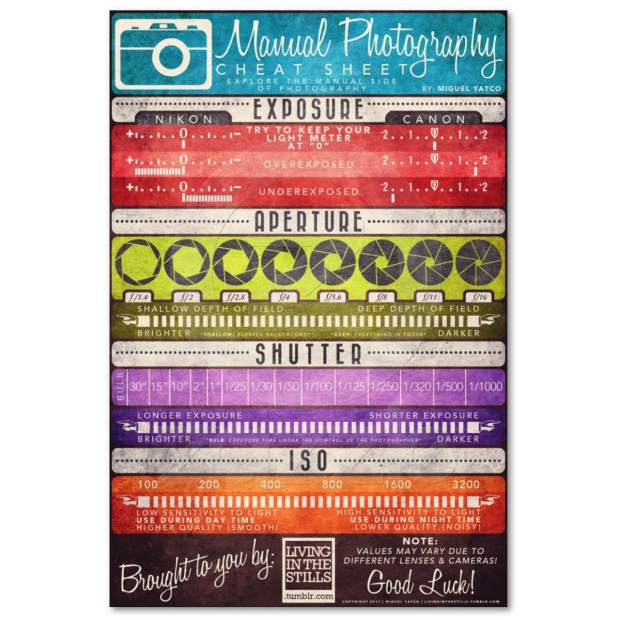Photography Tips For Beginners: Mastering Your Electronic Camera In A Snap
Photography Tips For Beginners: Mastering Your Electronic Camera In A Snap
Blog Article
Personnel Writer-Ballard Elmore
When you first get your electronic camera, it can really feel overwhelming with all the setups and options offered. You may find yourself questioning exactly how to browse aperture, shutter speed, and ISO successfully. Grasping these principles is vital, however there's more to digital photography than simply technical knowledge. Recognizing structure methods and illumination conditions can elevate your photos drastically. So, what if you could learn basic techniques to enhance your abilities and begin recording impressive pictures quicker than you believe? Let's explore how to change your digital photography journey.
Recognizing Camera Setups
Understanding your cam settings is essential for catching sensational pictures. When you get your camera, acquaint on your own with the 3 main settings: aperture, shutter rate, and ISO. Each plays a crucial role in just how your pictures end up.
Begin with aperture, which manages the amount of light going into the lens. A larger aperture (reduced f-number) lets in extra light and produces a gorgeous history blur, ideal for pictures. Alternatively, a narrower aperture (higher f-number) keeps even more of the scene in focus, suitable for landscapes.
Next, focus on shutter speed. This setting establishes how long your camera's sensing unit is subjected to light. A fast shutter rate freezes movement, which is fantastic for action shots, while a slow shutter rate can create sensational effects like smooth water in landscapes.
Finally, change your ISO. On location photographer influences your video camera's sensitivity to light. A higher ISO is useful in low-light scenarios yet can present sound or grain. Go for the most affordable ISO feasible while still accomplishing correct exposure.
Make-up Techniques
When you're out shooting, composition can make all the distinction in how your photos reverberate with visitors. Beginning by using the guideline of thirds; visualize your frame divided into nine equivalent areas with 2 straight and 2 vertical lines. Placement crucial elements along these lines or at their intersections to create balance and rate of interest.
Next off, consider leading lines. These all-natural lines in your scene, like roadways or rivers, draw the viewer's eye right into the photograph, directing them with the tale you're informing.
https://telegra.ph/Contrasting-Popular-Cameras-Which-One-Is-Finest-For-You-01-08-3 forget framing; usage elements within your scene, like trees or home windows, to produce a framework around your subject, adding deepness and emphasis.
Also, keep an eye on your history. A messy background can sidetrack from your main topic, while an easy one helps it stand out.
Finally, try out symmetry and patterns; they can produce a striking image that catches attention.
Mastering Illumination Issues
Grasping lights problems is vital for recording magnificent pictures, as the ideal light can transform a regular scene into something extraordinary.
Begin by observing all-natural light at various times of the day. Early mornings and late afternoons provide the best light, referred to as the gold hour. The soft, cozy tones during these times can boost your pictures beautifully.
Don't shy away from overcast days either; diffused light can reduce extreme shadows and create a pleasing effect, particularly for pictures.
Explore backlighting by placing your subject versus the light source. This method can create a wonderful halo result and add deepness to your pictures.
https://www.forbes.com/sites/csylt/2020/03/16/the-winning-formula-for-f1-photography/ on your camera setups as well. Readjust the ISO, aperture, and shutter rate to fit the illumination conditions. A greater ISO can assist in low light, however be cautious of grain.
Make use of a tripod in darker settings to avoid blur.
Finally, don't fail to remember fabricated illumination. Flash and continual lights can be terrific devices for controlling light in tough conditions.
Verdict
To conclude, understanding your electronic camera doesn't need to be frustrating. By understanding your setups, applying composition techniques, and taking advantage of the power of all-natural light, you'll rapidly raise your photography abilities. Keep in mind, practice makes ideal, so get out there and try out your newfound expertise. With time and devotion, you'll be catching magnificent images that mirror your special viewpoint. Delight in the journey, and do not fail to remember to have fun while you go to it!
